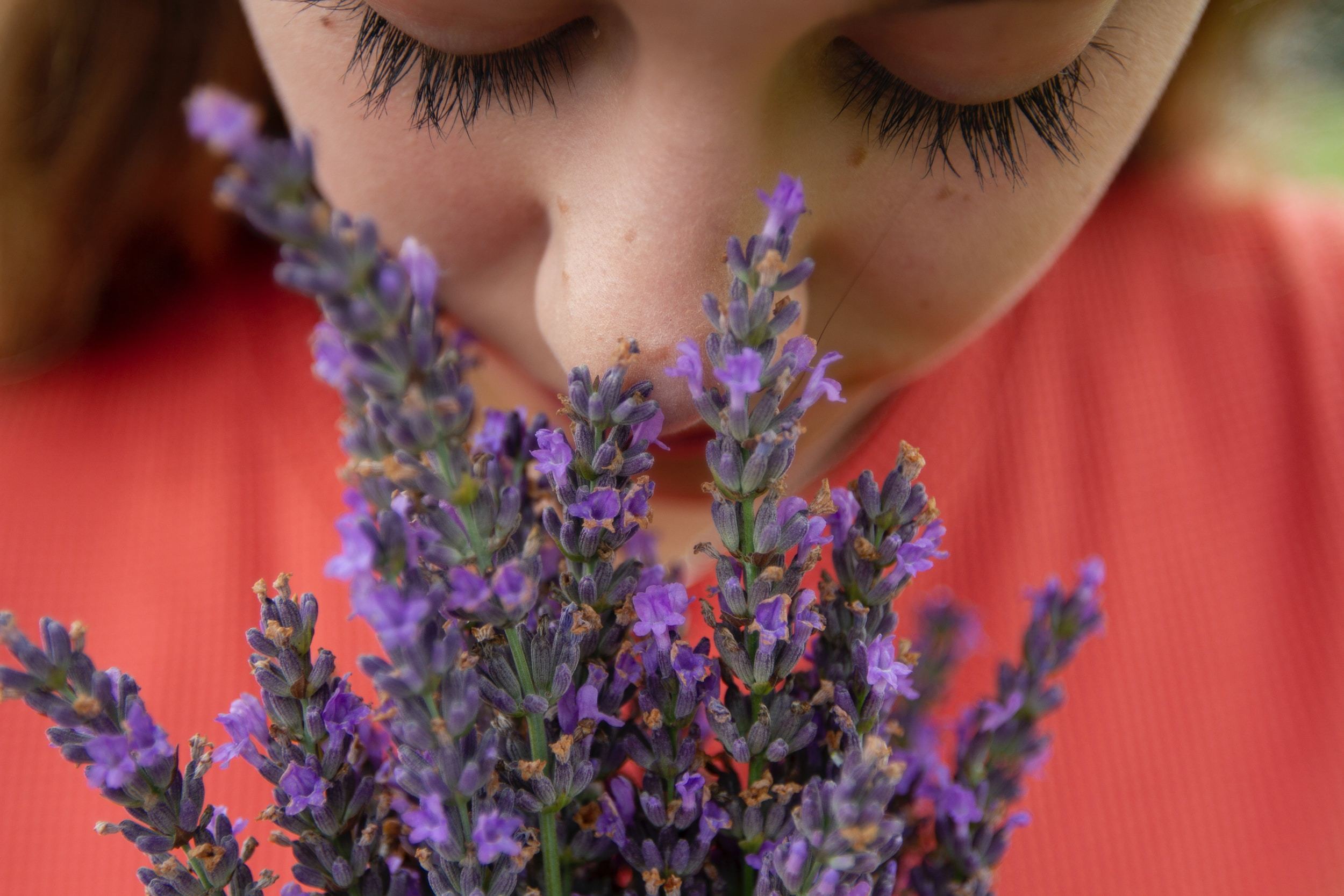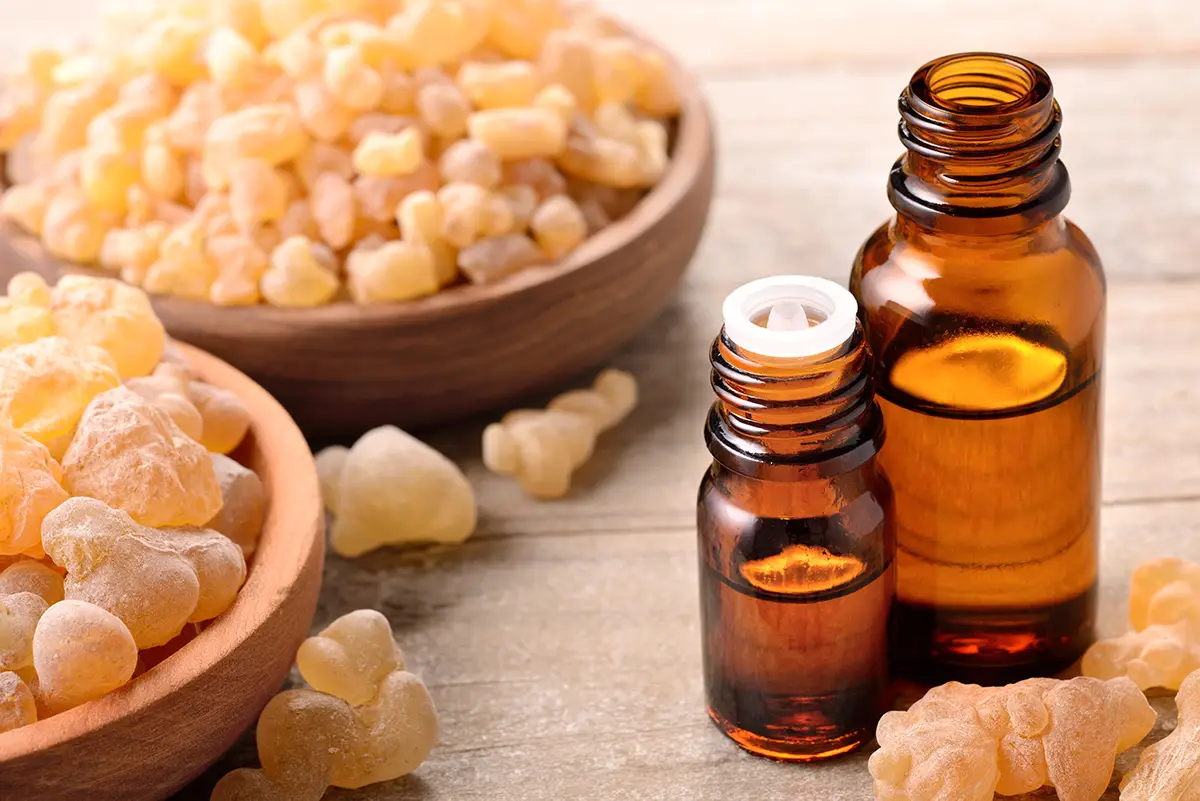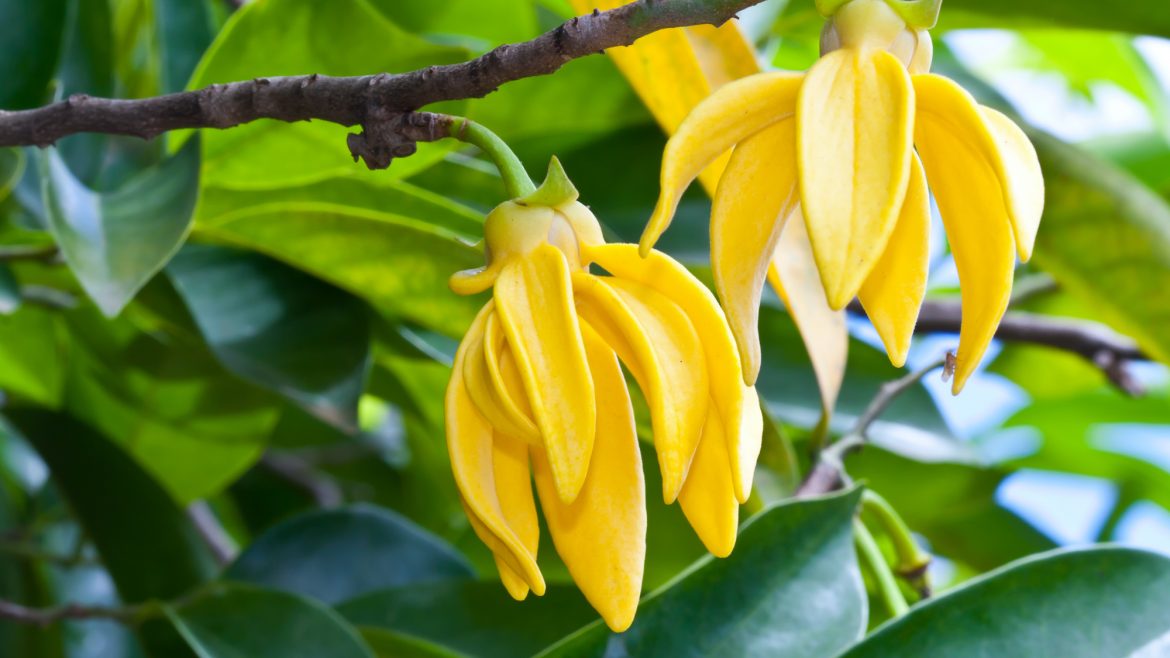Harnessing Healing Scents: My Top 6 Aromatherapy Essential Oils for Post-Traumatic Stress Disorder

We are living in intense period of upheaval , unrest, war and uncertainty. What I have learned from my journey and especially when looking at statistics;
Life is full of traumas.
The one certain in life we all going to experience trauma and around 10% - 15% of Canadians will develop PTSD.
One gentle but powerful approach that I have used personally and professionally are; essential oils for over 20 years.
Initially I was gifted a Lavender essential oil by an ex girlfriend when I was going to a therapist about my own traumatic memories that resurfaced during our relationship.
It helped then for me overcome my own Post traumatic stress disorder and symptoms such as; anxiety, depression, insomnia, stress, tension, headaches, nausea and much more.
How does it work and specifically for Post traumatic Stress Disorder?

Post-Traumatic Stress Disorder (PTSD) is a complex mental health condition that can be triggered by a traumatic experience. While it often requires professional therapy and medical intervention, complementary therapies, such as bodywork, Shiatsu , massage therapy, like aromatherapy can play a supportive role in managing its symptoms.
In Aromatherapy (which is hundreds if not thousands of years old)the use of essential oils is used to promote physical and emotional well-being amongst may other digestive, respiratory and pain relief. It has also shown promise in alleviating some of the distress associated with PTSD.
Understanding how and why essential oils create effects on the brain and nervous system involves a complex interplay of sensory perception, chemical constituents, and the brain's response to these scents.
Here's a more detailed explanation of how essential oils influence the brain and nervous system.

Olfactory System:
The olfactory system plays a central role in how essential oils affect the brain. When you inhale the aroma of an essential oil, the molecules in the oil are carried by the air into your nasal passages. These molecules then come into contact with olfactory receptors, specialized cells in the nasal cavity. Each essential oil has a unique combination of volatile compounds that activate these receptors.
Brain Processing:
Once the olfactory receptors are activated, they send signals to the olfactory bulb, which is a structure in the brain responsible for processing smells. From there, the information is relayed to several brain regions, including the limbic system.
Limbic System:
The limbic system is a group of interconnected brain structures that regulate emotions, memories, and certain aspects of behavior. It includes the amygdala, hippocampus, and hypothalamus. When you inhale essential oils, the limbic system is particularly responsive because it's associated with emotional and psychological responses.
Now, let's look at how some key essential oils mentioned in the context of PTSD create specific effects on the brain and nervous system:
Lavender Oil:

Lavender contains compounds like linalool and linalyl acetate that are known for their calming and sedative properties. These compounds can reduce anxiety by modulating the activity of neurotransmitters like GABA, which has an inhibitory effect on the central nervous system. Lavender oil can also influence the amygdala, reducing stress and anxiety responses.
Frankincense Oil:

Frankincense has a grounding effect due to its interaction with the limbic system. Its resinous aroma can promote a sense of stability and inner peace by reducing anxiety and depression symptoms. Frankincense may also affect the hypothalamus, which regulates hormone production and can contribute to stress reduction.
Bergamot Oil:

The citrusy scent of bergamot contains compounds like limonene, which have mood-lifting and stress-reducing effects. These compounds can stimulate the release of serotonin and dopamine, neurotransmitters associated with feelings of happiness and relaxation. Bergamot's impact on the limbic system can alleviate depressive symptoms and reduce overall stress levels.
Ylang-Ylang Oil:

Ylang-ylang has a calming effect on the nervous system, primarily due to its interaction with the limbic system. Its aroma can reduce feelings of fear and panic, making it useful for managing PTSD symptoms like flashbacks and nightmares. Ylang-ylang's sedative properties contribute to better sleep quality and emotional stability.
Chamomile Oil:

Chamomile has anti-anxiety and anti-inflammatory properties. The aroma of chamomile oil can soothe irritability and agitation by modulating neurotransmitters and reducing inflammatory responses in the brain. This calming effect can help individuals achieve a sense of inner peace and relaxation.
One of my favourites is Vetiver - "the seed of tranquility"

Vetiver essential oil is a powerful aromatic oil known for its ability to provide emotional support and help individuals dealing with trauma and stress. Here's how vetiver essential oil can be beneficial in such situations:
- Grounding and Calming: Vetiver oil has a deeply grounding and earthy scent. When inhaled, it can help create a sense of stability and calm. This is particularly useful for individuals experiencing trauma, as it can help them reconnect with their physical and emotional selves and reduce feelings of anxiety and restlessness.
- Reduction of Flashbacks and Nightmares: Trauma can often lead to intrusive thoughts, flashbacks, and nightmares. Vetiver essential oil has been used to alleviate these symptoms. Inhaling the scent of vetiver before bedtime or during moments of distress can help reduce the frequency and intensity of these distressing experiences.
- Stress and Anxiety Reduction: The aroma of vetiver has anxiolytic (anxiety-reducing) properties. It can help lower the levels of stress and anxiety, making it easier for individuals with trauma to manage their emotional responses and regain a sense of control.
- Promotion of Emotional Balance: Vetiver oil can promote emotional balance by helping individuals process and release difficult emotions associated with trauma. It encourages mindfulness and self-reflection, allowing individuals to confront and work through their feelings in a safe and supportive way.
- Regulation of Nervous System Activity: Vetiver has a soothing effect on the nervous system. It can help regulate the activity of the sympathetic nervous system (associated with the "fight or flight" response) and activate the parasympathetic nervous system (associated with relaxation and rest). This balance can be particularly beneficial for individuals with trauma who may experience heightened arousal and hypervigilance.
- Improved Sleep: Trauma often disrupts sleep patterns, leading to insomnia or other sleep disturbances. Vetiver oil's calming properties can promote better sleep quality by reducing anxiety and restlessness. Improved sleep can have a positive impact on overall well-being and the ability to cope with trauma-related stressors.
- You can use them in a bath mixed with a carrier oil like coconut, almond, olive oil.
- Rub on neck and shoulders, around temples, scalp and abdomen
- In a diffuser
- Foot soaks
In summary, essential oils influence the brain and nervous system through the olfactory pathway, affecting the limbic system and various neurotransmitter systems. Each essential oil has its unique chemical composition, leading to specific emotional and physiological responses. When used mindfully and in conjunction with professional guidance, aromatherapy can be a valuable tool in managing the emotional challenges of conditions like PTSD.
If you have any questions please don't hesitate to reach out. What are some of your favourites?
Mihael Mamychshvili